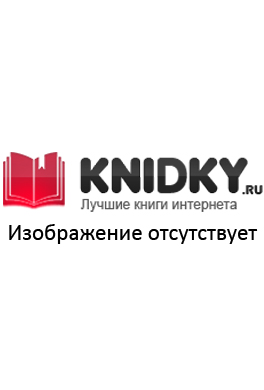Книги жанра Angel books
Название: The Galosh: Selected Comic Short Stories
Жанр: Angel books
Год: 2008
Рейтинг:
Описание:
In his prime, Mikhail Zoshchenko was more widely read in his own country than Pasternak or Solzhenitsyn. His short stories give expression to the bewildered experience of the ordinary Soviet citizen struggling to survive in the 1920s and ’30s, beset by an acute housing shortage and scarcity of consumer goods, ubiquitous theft and corruption, and an impenetrable new ideological language. Written in the semi-educated language of the man and woman in the street, they enshrine one of the greatest achievements of the people of the Soviet Union – their gallows humour. Housing-block tenants who reject electricity because it illuminates their squalor too harshly, a young couple who live in a bathroom, a theft-hit community in every one of whose members a sniffer-dog sniffs out traces of anti-social misdemeanours, a railway-line manager making a speech against bribery who lets slip his secret love of the backhander – Zoshchenko doesn’t simply make fun of his characters, as previous translators have assumed. This ‘temporary substitute for the proletarian writer’, as he called himself, has much sympathy for his close-to-life characters, prominent among them his narrator-figures in whom self-interested materialism coexists with a poignant faith in the revolutionary project.Jeremy Hicks’s translations of sixty-five of Zoshchenko’s short stories – many of them new in English – reveal a more subtle writer than has previously been on view, and one belonging most definitely to the classic Russian comic tradition.‘Hicks has breathed new life into Zoshchenko, providing, in many places, some of the best translations of his stories to date.’ –Gregory Carleton, Slavonica‘Jeremy Hicks, the translator and editor of this unique, and so far the most comprehensive, collection of Zoshchenko’s short stories, describes at some length Zoshchenko’s idiosyncratic and discordant mixture of propaganda cliché, newspaper-speak, corrupted loan-words, confused party slogans, sentimental endearments, obscenities, garbled Marxist doctrines and snatches of colloquial speech spiced with malapropisms and tautology… All this turns the translator’s task into a high-wire act that Hicks performs with the utmost linguistic inventiveness’.


